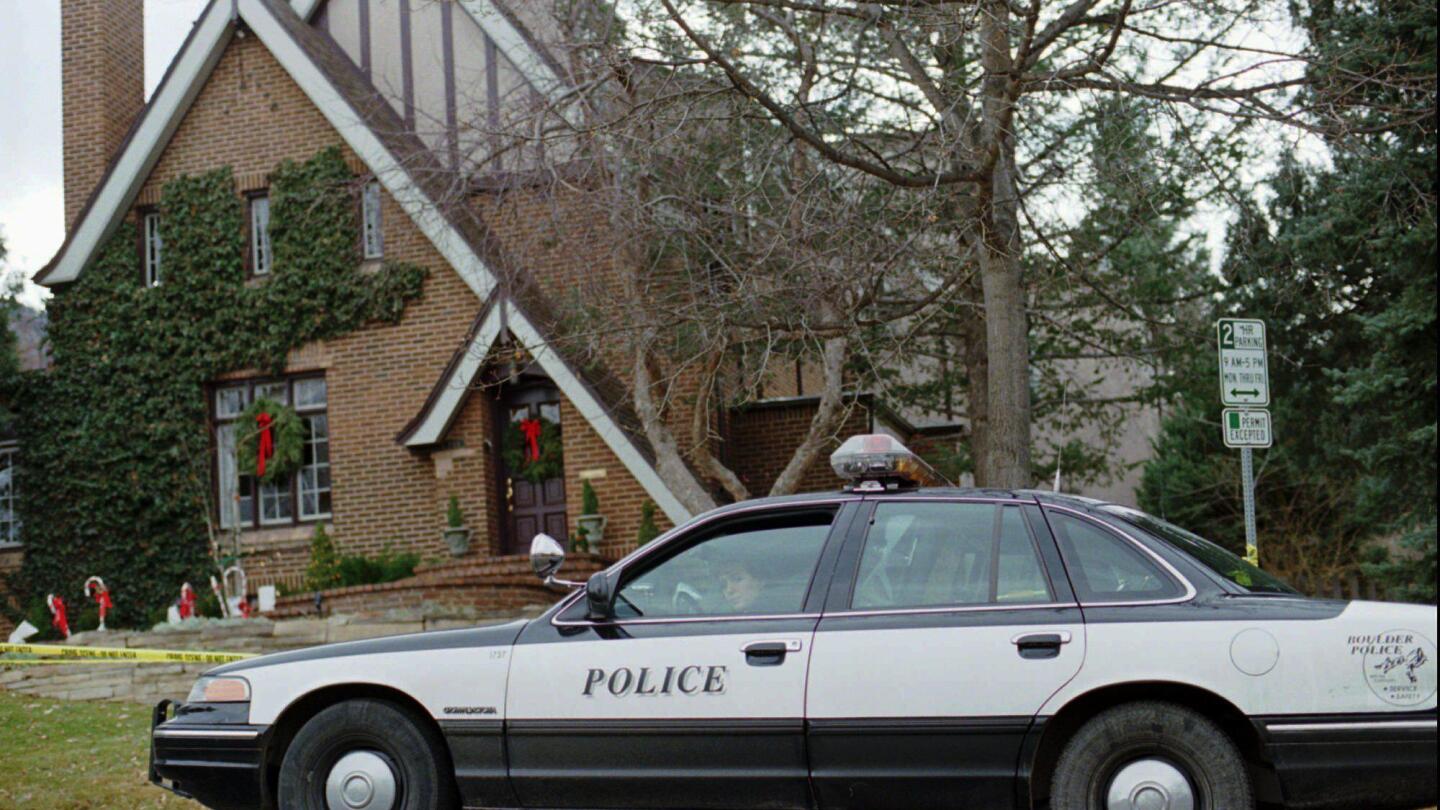
Forensic genealogy cracks cold cases amid privacy concerns
Associated PressALLENTOWN, Pa. — Millions of people will unwrap at-home ancestry testing kits this holiday season and eagerly swab their cheeks and mail in the saliva, hoping their DNA will unlock clues about their heritage or reveal long-lost relatives. “Few people would list their Social Security number, provide their fingerprints, or post their recent medical test results on a website where such important personal information could be readily accessed by almost anyone, yet that is exactly what certain people are doing with their DNA on genealogy websites,” said former Montour County District Attorney Rebecca L. Warren, now an attorney in Allentown. Forensic genealogy has only been around a few years, and many people first became aware of the tool in 2018, with the arrest of the “Golden State Killer,” a former California police officer who pleaded guilty in June to more than a dozen murders and 50 rapes from the 1970s and 1980s. Neighbors heard screaming from her apartment around 2:30 a.m., according to a Los Angeles Times article, “but did not investigate.” Scott’s relatives told The Morning Call last week that Scott’s younger sister, Rosalie Sanz, persuaded police to take another look at the case after reading about DNA and forensic genealogy. Ancestry, 23andMe and Helix, three of the most popular at-home genetic testing companies, last year formed a coalition to determine “best practices” for forensic genealogy.
History of this topic

Police Search For Gunman Who Killed UnitedHealthcare CEO: Live Updates
Huff Post
The Gene catch
Deccan ChronicleDiscover Related





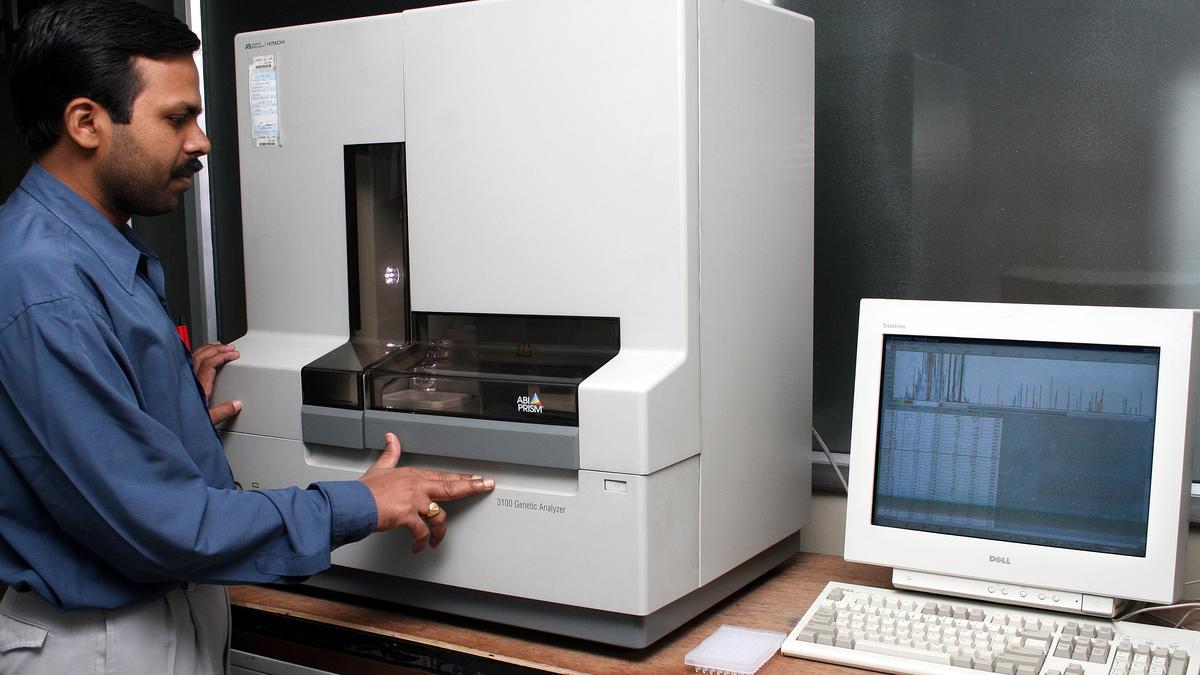

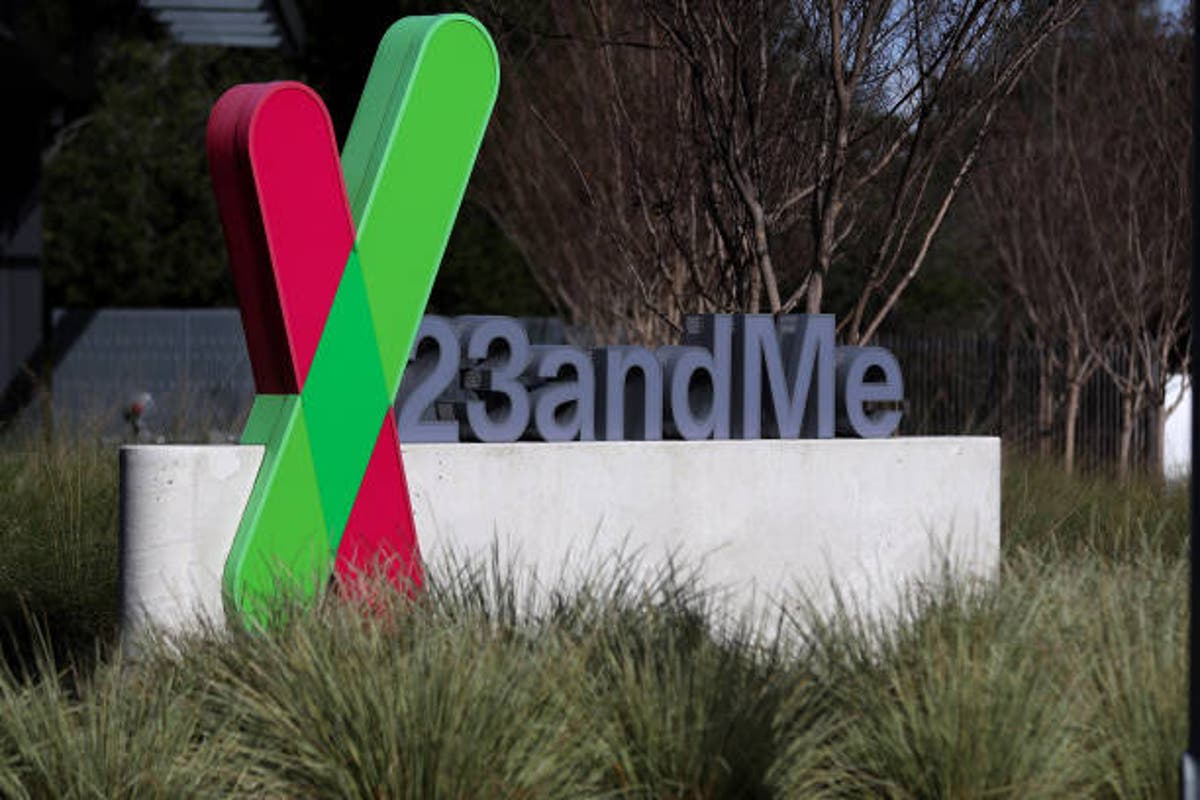













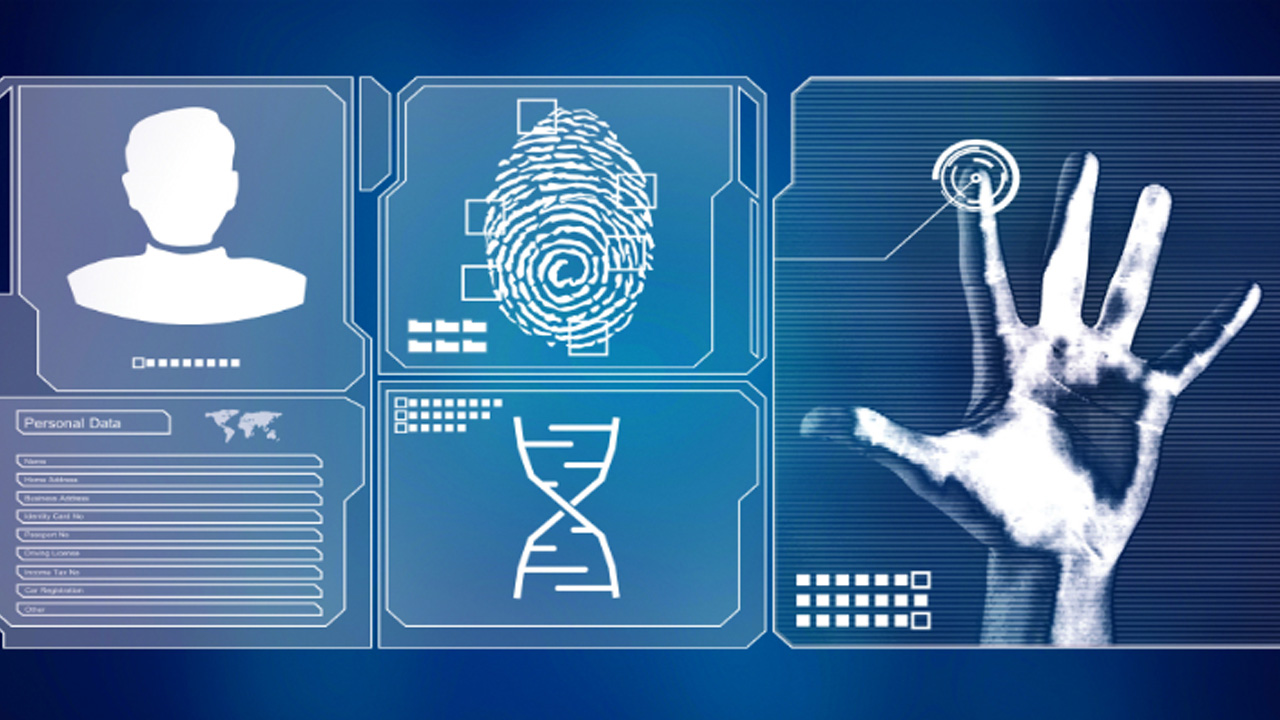


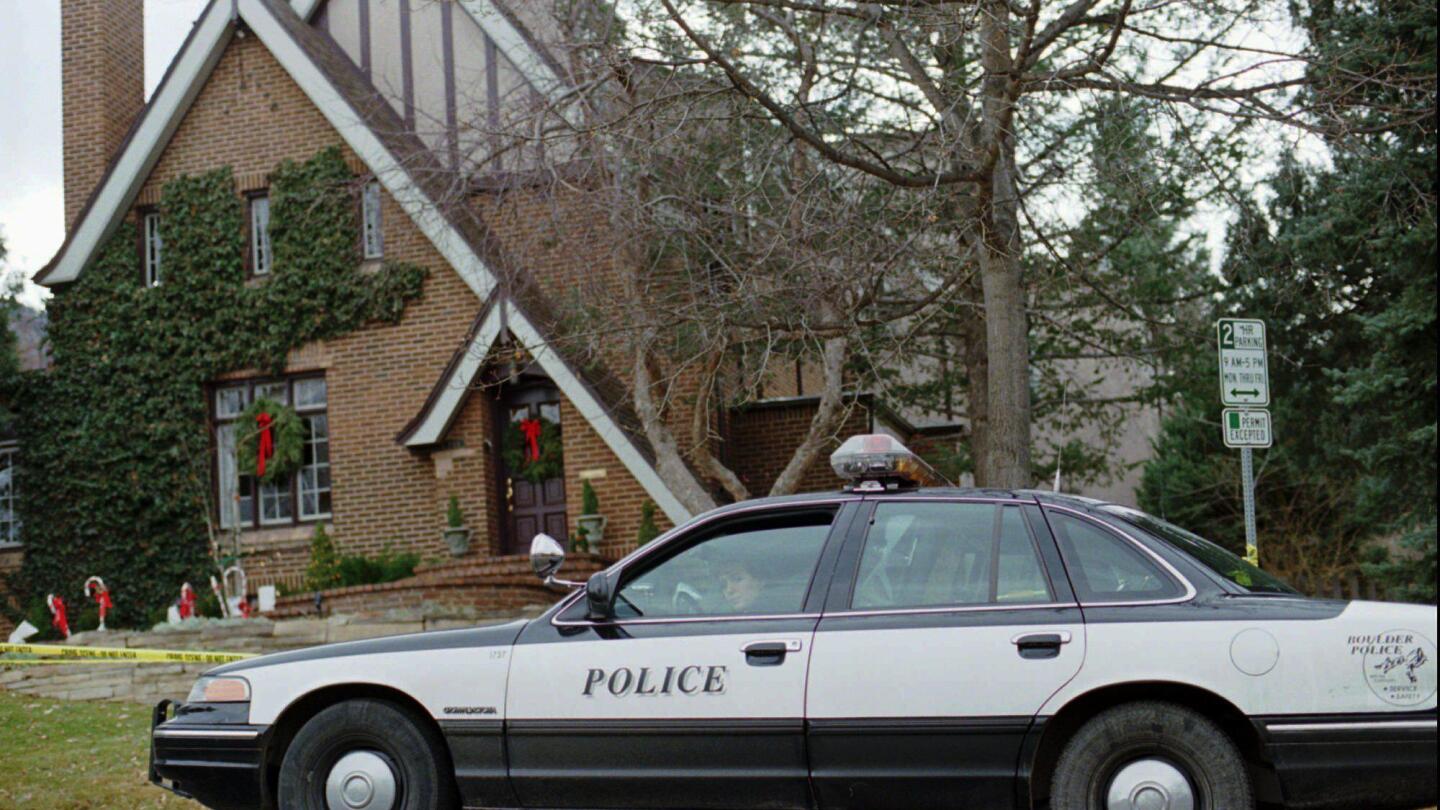











)

